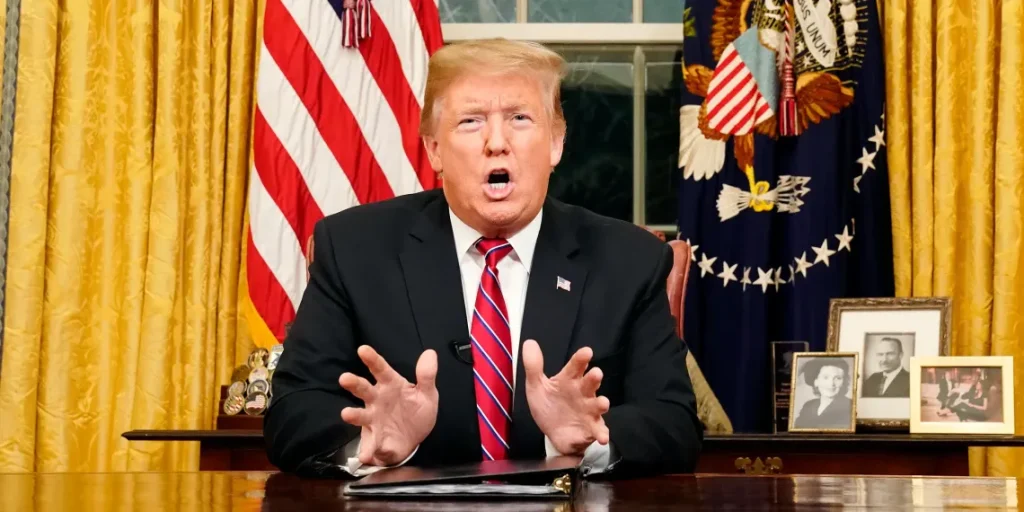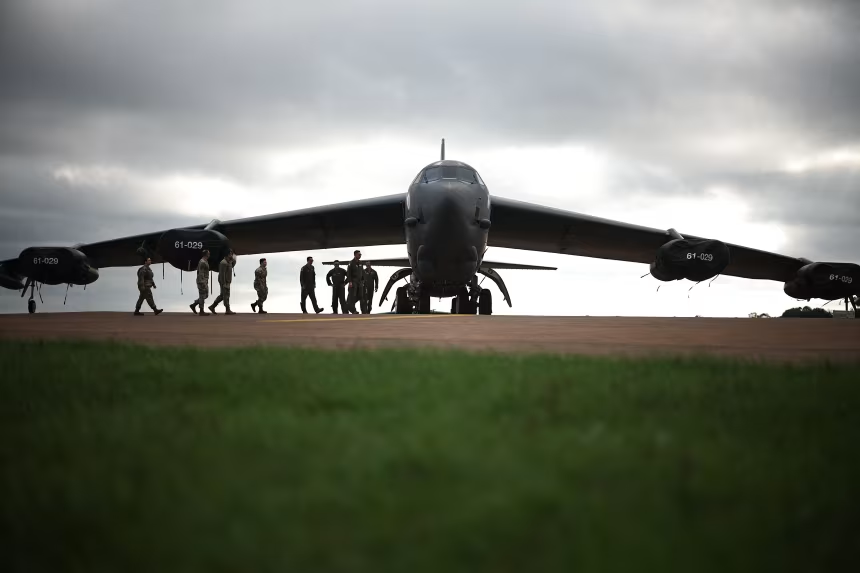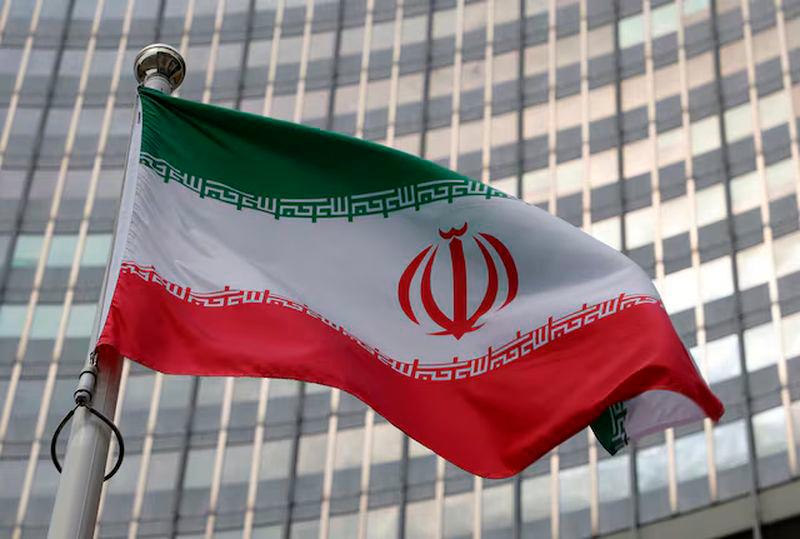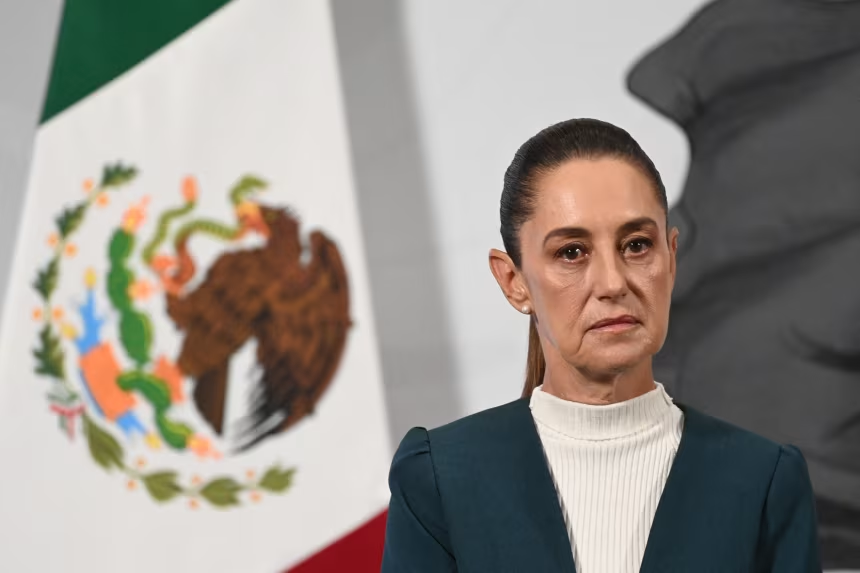Now Reading: US Allies Hesitate to Join Trump’s Gaza Peace Force Amid Uncertainty Over Mandate
-
01
US Allies Hesitate to Join Trump’s Gaza Peace Force Amid Uncertainty Over Mandate
US Allies Hesitate to Join Trump’s Gaza Peace Force Amid Uncertainty Over Mandate
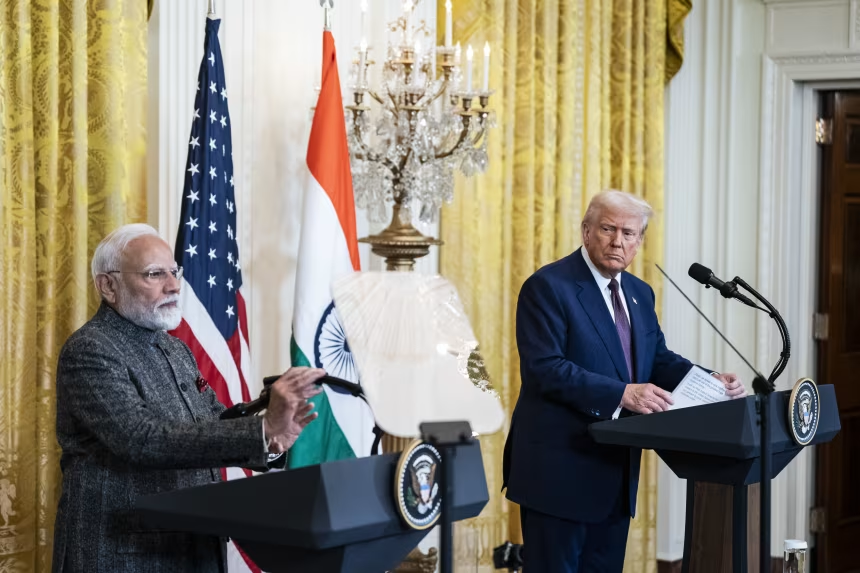
A month after President Donald Trump unveiled his 20-point plan to end the Gaza war, a major pillar of that plan — a multinational stabilization force — remains stalled as key US allies demand clarity before committing troops.
The proposed International Stabilization Force (ISF), announced by Trump on September 29, was meant to deploy “immediately” to secure Gaza’s borders, train Palestinian police, and oversee the withdrawal of Israeli forces. But potential contributors say critical details — including the mission’s scope, command structure, and duration — are still unresolved.
While several nations, including Egypt, Qatar, the UAE, Indonesia, Azerbaijan, Turkey, and Pakistan, have expressed interest, none have formally joined. Many are demanding a clear international mandate, possibly through a UN Security Council resolution, to legitimize their involvement.
US Secretary of State Marco Rubio told reporters during a visit to Jerusalem that discussions are ongoing:
“We’re working on some language now that hopefully will be in place… because some of these countries can’t legally participate unless they have an international mandate or flag to operate under,” Rubio said.
Officials from the Middle East have indicated that participating nations are still negotiating with Washington on crucial points such as force size, troop contributions, leadership, and the length of deployment.
Israel has also raised objections to certain participants, particularly Turkey, citing past tensions despite Ankara’s role in securing Hamas’ agreement to the ceasefire.
Security analysts say the lack of consensus is delaying the ISF’s formation. “These matters of composition, disarmament clarity, and how coordination with the Israeli Defense Forces will work all pose serious challenges,” said Lucy Kurtzer-Ellenbogen, a senior fellow at the Middle East Institute.
Jordan’s King Abdullah II warned that without a defined mandate, no country would commit troops to “run around Gaza on patrol with weapons.” Speaking to the BBC, he stressed that nations would only support a peacekeeping mission, not a peace-enforcing one.
“What is the mandate of security forces inside Gaza? If it’s peace-enforcing, nobody will want to touch that,” he cautioned.
The uncertainty extends to how heavily armed the force would be, how it would interact with Israeli troops, and whether it would intervene in internal Gaza clashes.
The first phase of Trump’s ceasefire plan — the exchange of Israeli hostages and Palestinian prisoners — has been implemented. But with Gaza still suffering from sporadic violence, criminal activity, and no sign of Hamas disarmament, the second phase appears increasingly complex.
Israeli Prime Minister Benjamin Netanyahu has said Israel will have the final say on which countries can take part in the peace force, a stance likely to further complicate negotiations.
As discussions drag on, Gaza remains trapped in a fragile calm — a ceasefire without peace, awaiting a stabilization mission still stuck on the drawing board.
